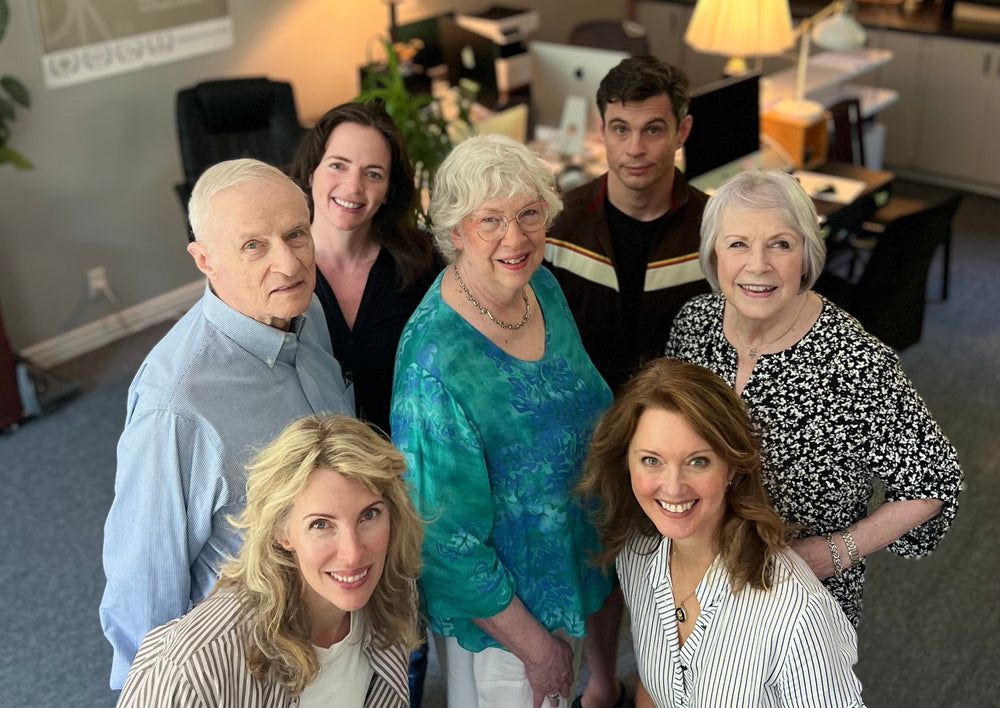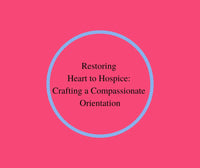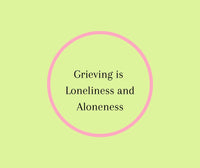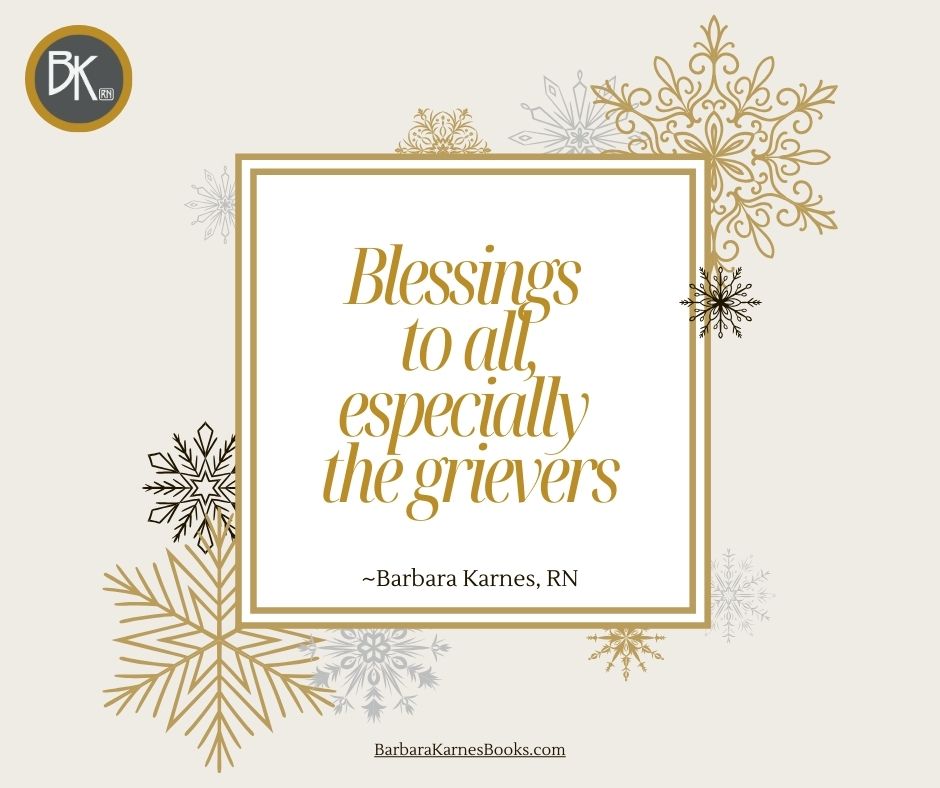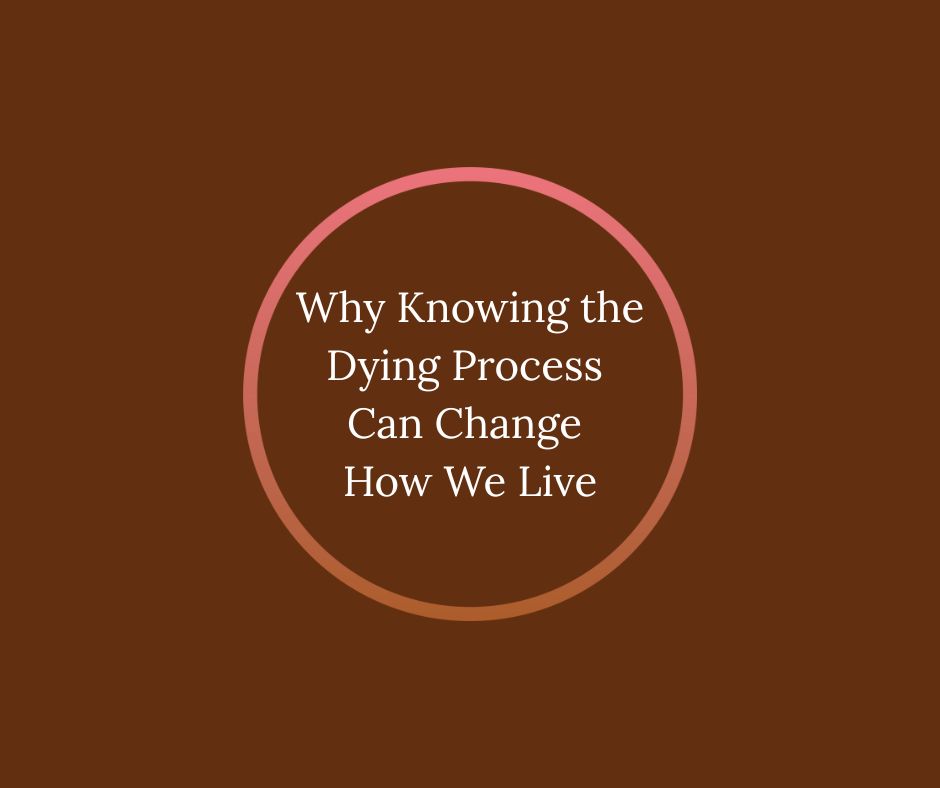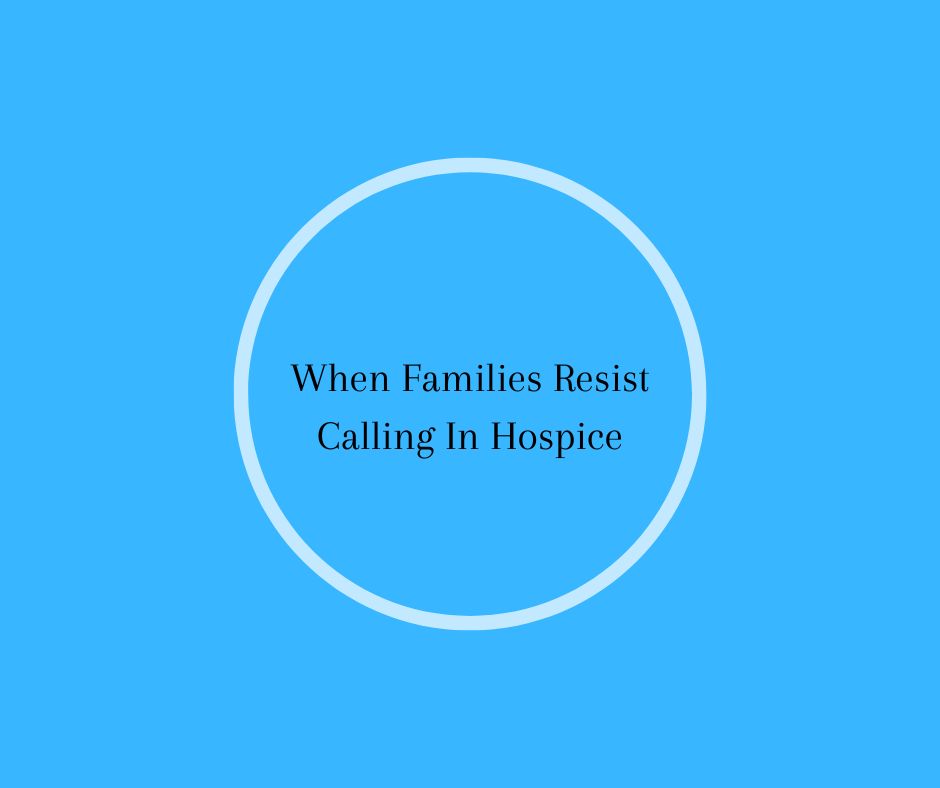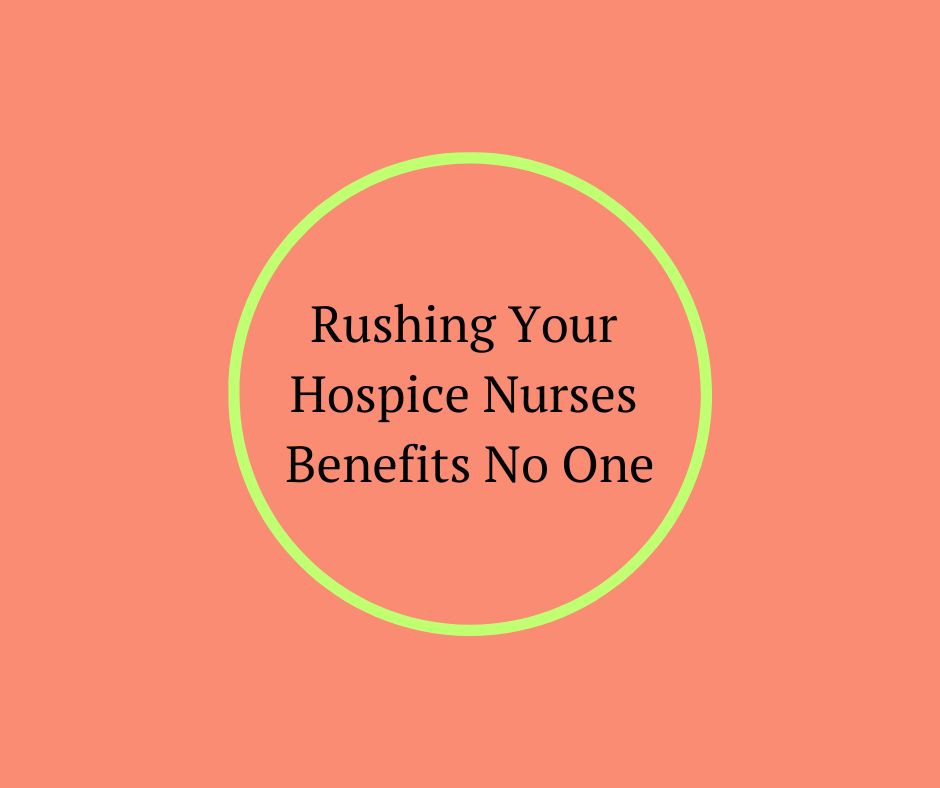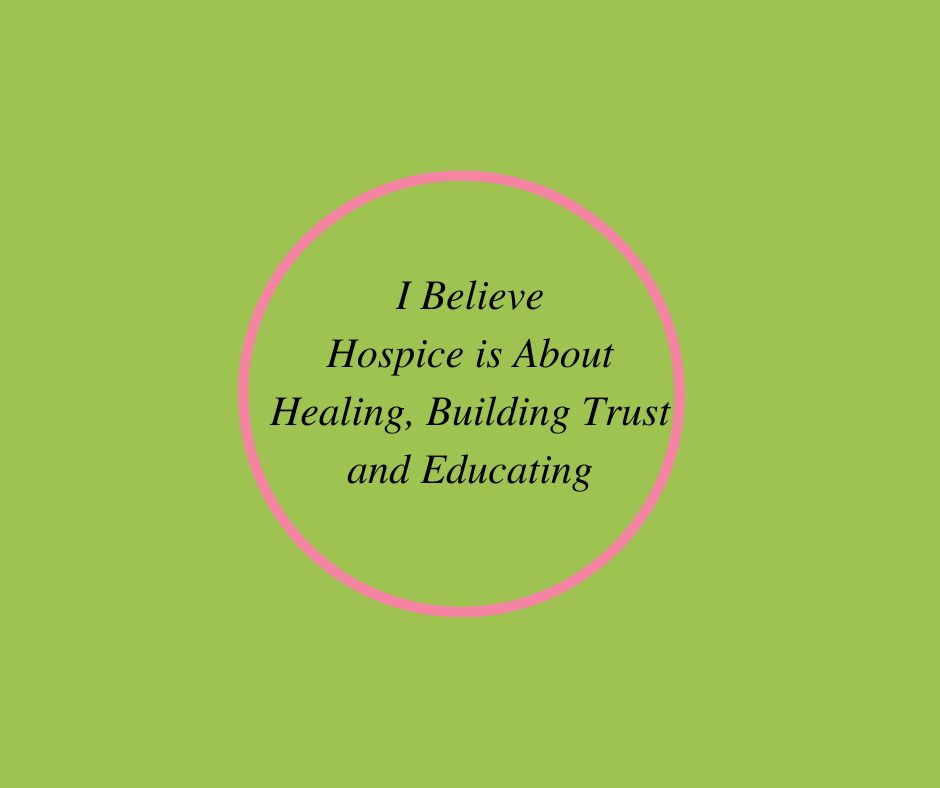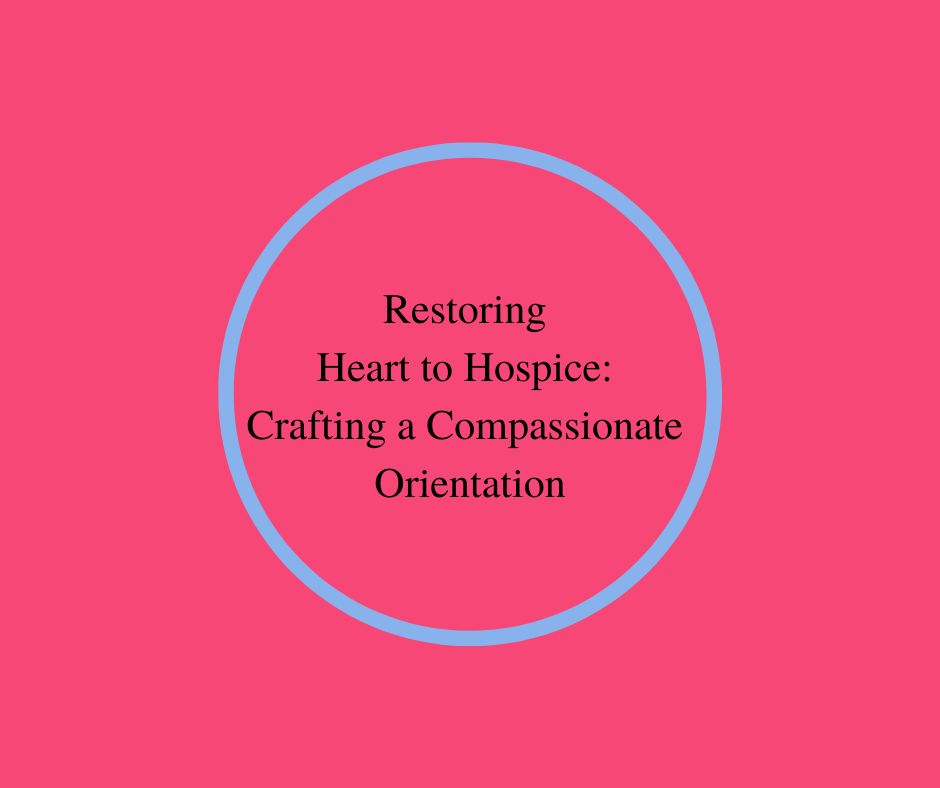
Something to Think About
a blog on end of life
- All posts
- addiction
- advance directive
- alzheimers
- Anger
- anticipation
- anticipatory grief
- Approaching Death
- assisted care
- assisted death
- Assisted Living
- Barbara Karnes
- bereaved
- Bereavement
- burnout
- BY YOUR SIDE A Guide for Caring for the Dying at Home
- cancer
- caregiver
- caregiver fatigue
- caregiver support
- caregiving at end of life
- children
- Clinician
- cna
- comfort care
- communication
- covid 19
- Dame Cicely Saunders
- Death
- death and dying
- death awareness
- death cafe
- death call
- death care
- death doula
- death education
- death midwife
- death of a pet
- death ritual
- dementia
- dementia doula
- diagnosis
- Director of Education
- disease
- DNR
- doctors
- dying
- dying looks different than expected
- dying pet
- dying process
- Dynamics of Dying
- Eating or not eating
- elderly
- Elisabeth Kubler-Ross
- end of life
- end of life doula
- end of life education
- end of life planning
- estate planning
- euthanasia
- family
- family caregiver
- father
- Fear
- Feeding
- Financial records
- Food
- food at end of life
- Funeral
- gift
- Gone From My Sight
- graduating from hospice
- gratitude
- Grief
- Grief Counselor
- grief support
- grieving
- Guilt
- holidays
- Home Care
- home death
- home health
- home healthcare
- Hospice
- Hospice Blue Book
- hospice care
- hospice chaplain
- hospice education
- hospice end of life care
- hospice for pets
- hospice myths
- hospice nurse
- hospice nurses
- hospice patient
- hospice physician
- hospice referral
- Hospice Social Worker
- Hospice Staff
- hospice volunteer
- hospice volunteer training
- hospital
- How Do I Know You ?
- How Do I Know You? Dementia at the End of Life
- Hydration or dehydration
- infant death
- joy
- labor
- labor at end of life
- labor to be born
- life limiting
- life support
- loss
- media
- Medicade
- medical visits
- Medicare
- medication
- medications
- memory care
- midwife
- mindfulness
- moment of death
- morphine
- mother
- My Friend I Care
- narcotics
- New Rules For End Of Life Care
- No Code
- Not Eating
- nurse
- nurses aide
- Nursing facility
- Nursing home
- nutrition
- Old Age
- older pet
- orientation
- oxygen
- pain
- pain at end of life
- pain management
- pain relief
- palliative care
- palliative sedation
- pandemic
- peace
- personality
- Pet death
- Pet illness
- physician
- podcast
- POLST
- prepare for death
- quality of life
- religion
- Retirement Home
- ritual bath
- RN
- sacred
- self care
- seniors
- signs of approaching death
- sleep
- Social Worker
- socialization
- spanish grief literature
- stages of grief
- sudden death
- Suicide
- Supervisors
- support
- terminal
- terminal agitation
- terminal diagnosis
- terminal illness
- terminal restlessness
- The Eleventh Hour
- The Final Act of Living
- This Is How People Die
- Time
- Time of Death
- trauma
- treatments
- vigil
- visions
- volunteer
- volunteers
- washing the body
- widow
- widowhood
- wife
- Will
- You Need Care Too
We used to have role models on what dying really looks like. People died at home, in their own bed. Family and friends gathered — held a vigil, so to speak. When...
Thanksgiving! A day of gratitude for a year of blessings. For many it is a challenge to find blessings in this chaotic world. For those living with a life-threatening illness, caring for...
Hospice began as an ideal, a step outside of the medical model. It was generally operated by volunteers and it was financed and maintained by community fundraising and donations...
Of course each situation needs to be individually addressed but in the case of a lot of people with dementia, tell them about a death of someone close ONCE...
There are many different approaches and offerings. These multiple choices give you the chance to match your personality with the instructors and teaching methodology...
How does a person feel as a hospice patient? Everyone is waiting on them, they are unable to do things for themselves. They have to wear diapers and probably don't want...
Part of "selling" hospice is to create trust and a bond during that first meeting. It takes people skills in addition to knowledge of hospice benefits...
Grief is an emotional response to a loss. Loss of a person, yes, but there are many kinds of losses: loss of a job, of a relationship, a friendship and yes, loss of a...
In the hours to minutes before death, gather family and significant others. Encourage each person to spend some time alone with the person dying. This is the time to talk...
Families are stressed and frightened and by the time they finally reach out for hospice services, they have already wanted and needed them for days if not weeks.
As end of life approaches, people start looking at their life; what they’ve accomplished, not done, who they have touched, interacted with, and the relationships they have or have not built...
All the hours of talking, drinking coffee, and eating homemade pies was time spent healing, building trust, and educating. It wasn’t about blood pressures. It was about people, feelings, and...
My hope in writing this blog is to draw our attention to the “unsung heroes” caring for their special person as end of life approaches, as well as to those caring...
I believe everyone has the right to be told once that they can’t be fixed. It is the physician’s job to compassionately and honestly give that information...
I had someone ask me "Why do all people with dementia feel someone is out to get them?" My answer—not all people with dementia feel or react like someone is...
People don’t die like they do in the movies. Mom is not going not going to say some profound words, close her eyes and be dead...
Taking care of someone who is at the end of life is different from taking care of someone who is going to get better, BUT most people don’t know this—-including...
I think a big part of grieving is loneliness. Loneliness for our person who has left us but also aloneness in our day to day activities...
The space between birth and death is the most important part of life YET we somehow go through the living part unaware. In a hurry, with a great deal of tension, and very little...
Denial by the person with a life threatening illness, denial by the caregiver, and I’ll even add denial by some attending physicians. Denial is often the reaction to diseases that have...
How do we get beyond the social conventions of strangers meeting and getting to know and trust each other in a very short time? From the time we ring the...




